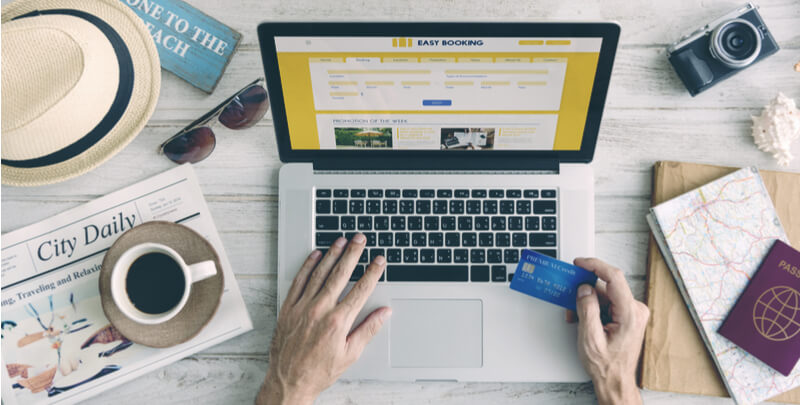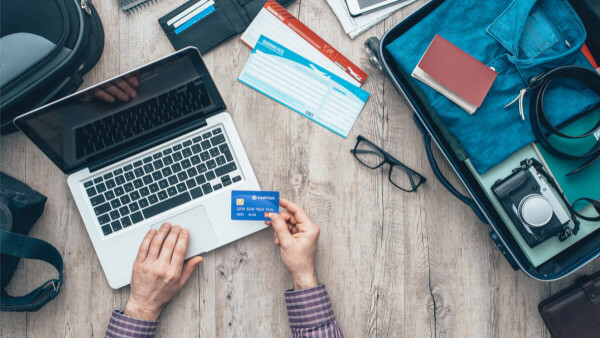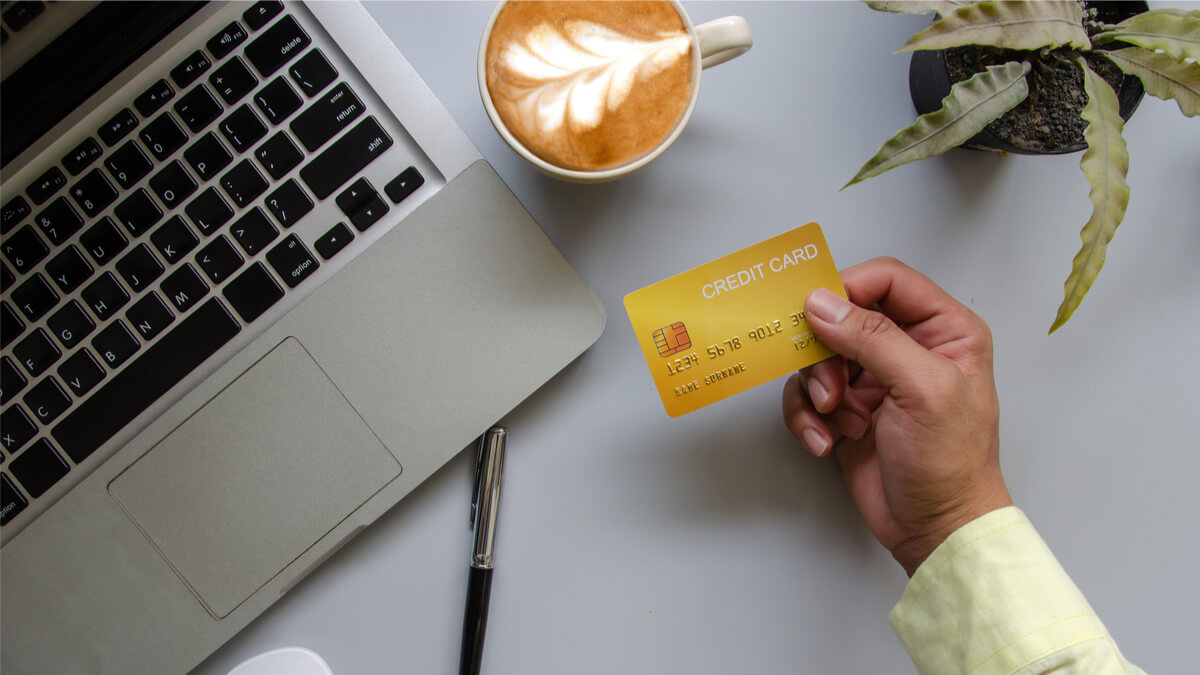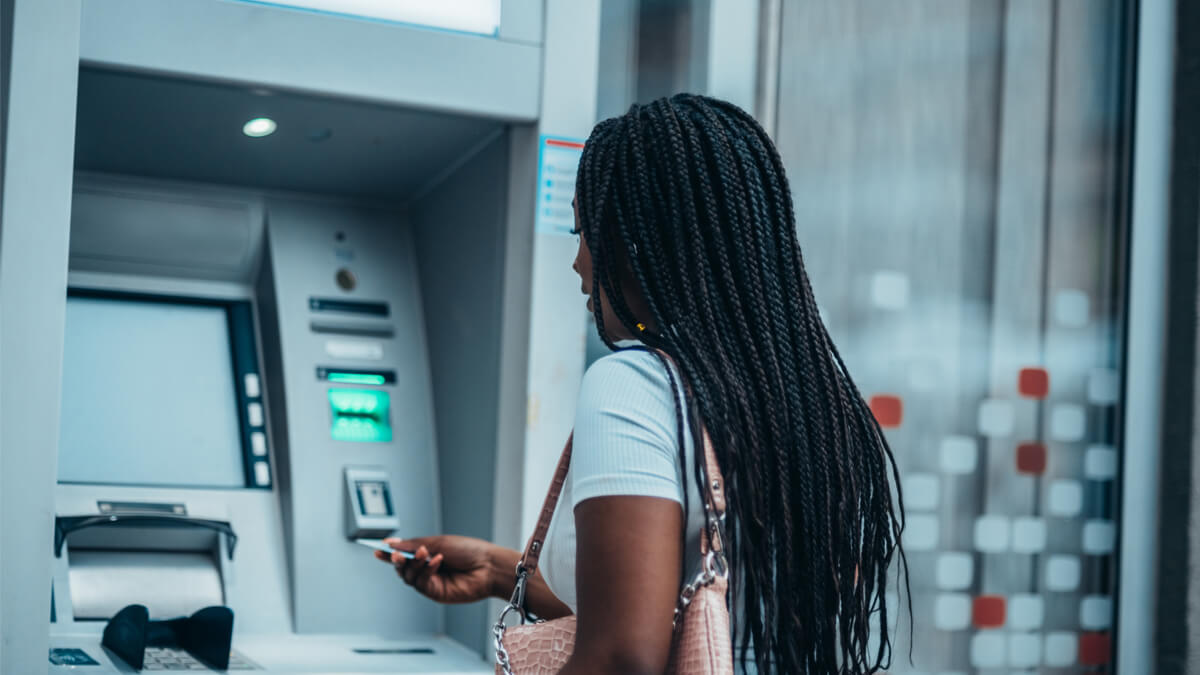How to use your Amex Platinum for Clear and Global Entry
Maximize your travel experience with the Amex Platinum Card. Understand the Global Entry and CLEAR benefits, their value, and how to use them to breeze through

If you’re planning a trip abroad, you’ll need to think in advance about the best way to pay your way while you’re travelling. Using debit or credit cards abroad is often the most convenient and safe option. After all, you don’t want to be walking around with a pocketful of unfamiliar cash. But it can be expensive. There are fees and charges you need to know about before you go, and it’s well worth avoiding some of the common pitfalls to make sure your money goes further.
Read this guide to find out:
You can use your Barclaycard, or Barclays debit card abroad to make purchases or withdraw cash. If a retailer has the contactless symbol displayed, then you should be able to use your contactless card just the same as you do at home. Some countries, however, haven’t yet adopted contactless technology so you may be out of luck.
Bear in mind, however, that there may be additional fees to pay when you use your card overseas. It’s also worth remembering cash is still the main form of payment in some countries. Do some research if you’re heading on holiday somewhere off the beaten track, as taking some cash with you might be a sensible idea, too.
Whether you choose to spend abroad using your debit or credit card, you’re going to incur some fees.
To work out what you might be charged, firstly you need to know if your card is a Visa, Mastercard or Amex. Although your card will be issued by a bank, in the case of Barclays, all their card providers rely on one of these three companies to process transactions for them. Each has a slightly different approach to calculating the currency exchange rate that will be applied to your purchases while you’re away. You can find out easily which your card uses by looking for the symbol on the card itself.
For example, let’s say, you have a Barclays Visa debit card. In this case, the bank will apply the exchange rate being used by Visa on that day in order to convert your purchase into GBP. There’s generally a small mark-up added from the exchange rate you find when you search for the currency pair on Google. But, by and large, these exchange rates are pretty fair if you’re being charged in the local currency of wherever you’re at. It’s only when you’re charged in GBP that you run into incredible mark-ups under something called Dynamic Currency Conversion (DCC). But more on that later.
Analysts who have reviewed the exchange rates applied over time have found that Mastercard tends to offer marginally better rates for international purchases. However, the differences are fairly small and will vary depending on which currency you’re spending in. You can see how your card exchange rate compares to the real, mid-market rate, using an online currency converter.
If you want to find out more, you can find the daily exchange rates being used between different currencies by Visa, Mastercard and Amex on their websites below:
On top of any exchange rate markups, Barclays will then deduct a further cut for itself, which is known as a non-sterling transaction fee, or a non-sterling cash fee.
If you’re taking cash out of an ATM, there may also be further charges to pay. For a Barclays debit card, if you don’t use a Global Alliance ATM, you can expect to pay a further £1.50 fee.
It’s also worth being wary, as some individual banks or ATM providers might levy their own fees on top of those your bank charges.
You might also be asked if you want your purchase to be processed in GBP instead of the local currency wherever you are. This is something touted as a convenience, and is known as Dynamic Currency Conversion (DCC). It should most definitely be avoided.
DCC can be applied nearly anywhere your card is accepted overseas. For example, you could be asked if you’d like to pay for your purchase in Sterling at an ATM, restaurant or store. If possible, choose to pay in the local currency. The reason why is because the foreign currency exchange rates applied when using DCC are never as good as those your card provider will give you. Because it’s giving the local company or ATM machine permission to use its own, mostly poor, exchange rates and you’ll be unnecessarily paying more than you need to for your trip.
Your bank has an interest in ensuring you’re happy with their services. A foreign provider, however, has no such obligation and, thus, has no problem happily marking up an exchange rate so they can pocket the difference.
If you’re covering your holiday spending with a credit card, the process will be similar, but you’ll also have to take into account any interest charges you might incur if you don’t pay your bill at the end of the month. However, some credit cards come with promotional offers which could mean that you have a grace period during which your purchases are interest-free. If this is the case, then you might pay less overall.
The exact fees you’re liable for will be detailed online or on the back of your card statements. These below are a guide, as different card types might have some variances, including promotions and opening offers which improve the rates available.
Here are the fees you'll be charged to use your Barclaycard or Barclays debit card while you’re away:
| Barclays Debit Card | Barclaycard Credit Card (Visa) | Barclaycard Credit Card (Mastercard) | Barclaycard Credit Card (Amex) | |
|---|---|---|---|---|
| Purchases Non-Sterling Transaction Fee | 2.75% | 2.99% | 2.99% | 2.99% |
| ATM Usage Foreign Cash Fee/ Cash Fee | Non-Sterling Transaction Fee plus £1.50 if not using a global alliance ATM | 2.99% | 2.99% | 2.99% |
The different card providers have handy online tools linked above to help you work out what you’ll actually be charged on a day-to-day basis if you make purchases abroad. For example, if you spend EUR 100 in a restaurant during your weekend trip to Paris, and use your Mastercard Barclaycard, the exchange rate applied could have looked like so:
Using this exchange rate, plus the non-sterling transaction fee charged by your card provider, you can see that the final bill totalled £91.24. The exchange rate used will fluctuate, of course, so it’s worth checking the online tools regularly.
It’s a nightmare scenario, but it’s worth thinking about how you’ll cope if your card goes missing somehow when you’re on your holiday.
If you lose your card when you’re abroad, you must contact either Barclays Bank, or Barclaycard to report the loss. In both cases, they’ll cancel the card and may be able to issue you a temporary card or some emergency funds to tide you over while you’re away.
You can also get card protection insurance which could offer additional help if your card is lost or stolen while you’re abroad. However, this will come at a fee. Card protection can be arranged through your bank or by using an insurance company. If you do take this additional protection, make sure you have all your policy details with you when you travel - just in case.
Your personal preferences and spending habits will dictate whether it’s best to use a debit or credit card abroad.
Using a debit card is better if you intend to mainly pay using your card, rather than taking out cash from an ATM. That’s because the non-sterling transaction fee is often lower when using a debit card. If you want to take out cash, it’s well worth finding out which ATMs are free to use overseas before you travel - otherwise you'll be hit by hefty costs.
However, if you need to spread the cost of your holiday over time, then a credit card allows you to do this. You may incur additional interest costs, though. Spending on a credit card can also provide greater security and fraud protection than using cash, as your purchases will be monitored and you should be able to get help if you're the victim of fraud. To get the most out of this option, you should keep all your receipts and check your card statements thoroughly.
There’s no need to inform your bank that you’re travelling abroad unless you plan to be away for a large chunk of time. However, you do need to make sure they have the correct contact details for you. You can check the phone number they hold by logging into your account online. If the bank systems detect any suspicious activity, this is the number they’ll use to get hold of you. If it’s wrong or you have your phone turned off while you’re abroad, you risk having your account activity limited while they make further checks.
Because of this, and the risk that your card is stolen or lost, it’s well worth having a secondary bank card just in case there’s a problem with your main card. Keep a bit of cash on you at all times, too, in case you find that cards aren’t accepted.
Of course, it can be tough to keep track of your spending when you’re on holiday. One of the biggest financial pitfalls is accidentally overspending while away because you lose track of the costs in another currency. To avoid this, you might want to try an app to monitor and manage your cash flow while you’re away. Setting a daily spending limit is another way to help make sure you don’t have any nasty surprises once your holiday is over.
If you have a bank account in the UK, or know someone who does, use Wise to make the transfer ahead of time and save even more. Not only does Wise use the real mid-market exchange rates to convert your money (which almost always beats the banks), but since your currency is received and sent via local banking systems in both your home country and in the UK., all those nasty international fees magically disappear. Give it a try.
Your holiday is no time to worry about money. So, take these tips, and make sure you know before you go, which method of payment is going to be best for you. Then all you have to do is relax and enjoy!
*Please see terms of use and product availability for your region or visit Wise fees and pricing for the most up to date pricing and fee information.
This publication is provided for general information purposes and does not constitute legal, tax or other professional advice from Wise Payments Limited or its subsidiaries and its affiliates, and it is not intended as a substitute for obtaining advice from a financial advisor or any other professional.
We make no representations, warranties or guarantees, whether expressed or implied, that the content in the publication is accurate, complete or up to date.

Maximize your travel experience with the Amex Platinum Card. Understand the Global Entry and CLEAR benefits, their value, and how to use them to breeze through

Heading on a trip? Learn if you need to notify American Express when you travel and the steps to do it, ensuring seamless use of your card abroad.

Everything you need to know about fees for using your HSBC credit card abroad.

Your full guide to avoiding ATM fees when going abroad.

The best places to exchange currency in Austin, Texas.

Your full guide for places to exchange currency in Portland.